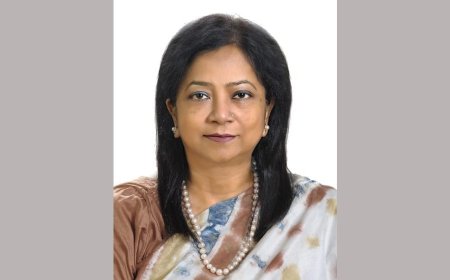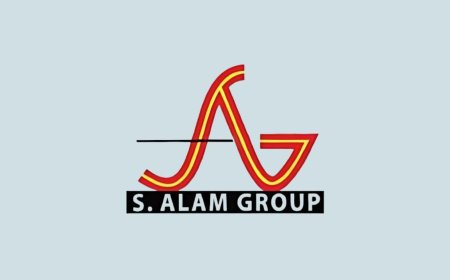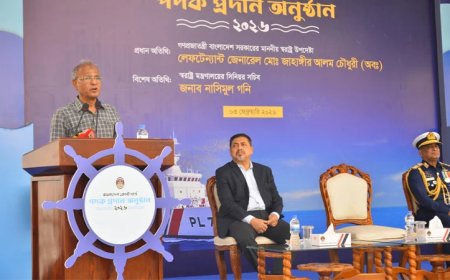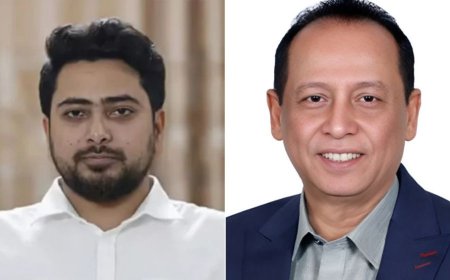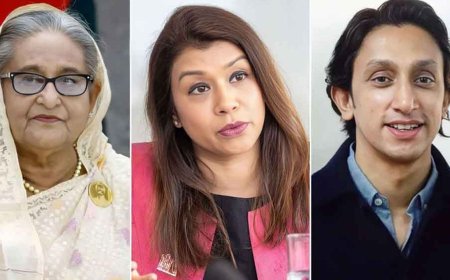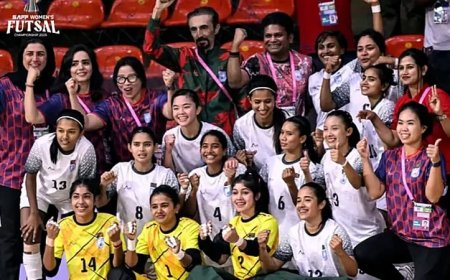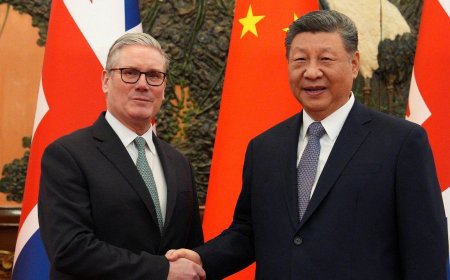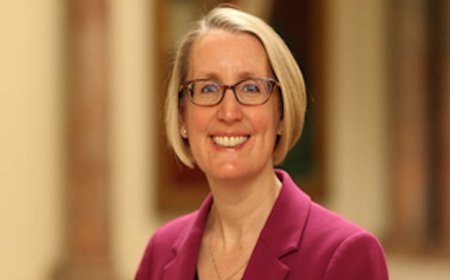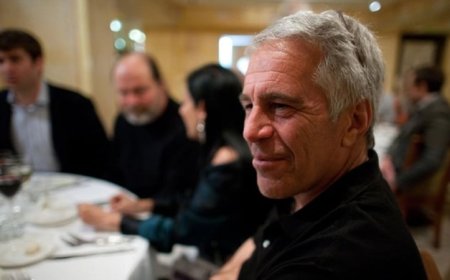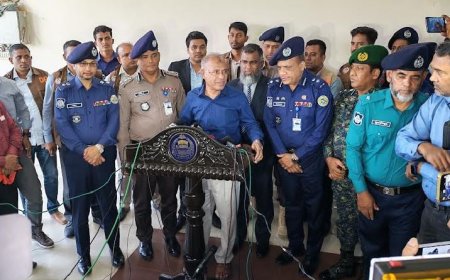NCC To Submit July Charter Roadmap Today
Reforms Cover Constitution, Elections, Judiciary, and Anti-Corruption Efforts
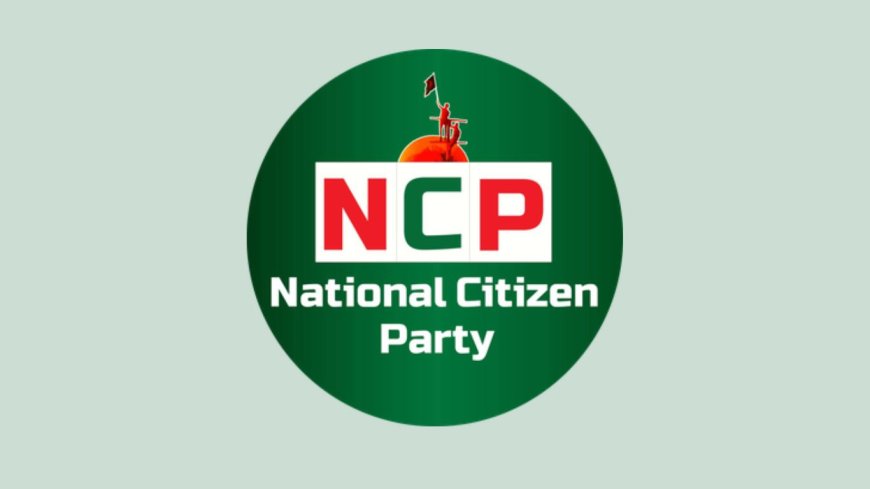
The final recommendations for implementing the July National Charter 2025—an accord signed by political parties pledging to rebuild the state on the foundations of democracy and human dignity following the mass uprising that toppled Sheikh Hasina’s autocratic regime—are set to be submitted to the government today.
The National Consensus Commission (NCC) will formally present the much-anticipated recommendations to the government in the presence of Advisory Council members at the State Guest House Jamuna at 12 noon.
The submission comes amid continued disagreement among major political parties, including the Bangladesh Nationalist Party (BNP), Bangladesh Jamaat-e-Islami, and the National Citizen Party (NCP).
While BNP and Jamaat are among the 25 parties that have already signed the Charter, the NCP has so far withheld its signature, citing concerns over certain clauses and the assurance of proper implementation.
The decision to submit the recommendations follows the NCC’s concluding meeting held on Monday at Jamuna, chaired by Chief Adviser and NCC Chairman Prof Muhammad Yunus.
NCC Vice-Chairman Prof Dr Ali Riaz, members Justice Md Emdadul Haque, Dr Iftekharuzzaman, Dr Badiul Alam Majumdar, and Dr Mohammad Ayub Miah, along with the Chief Adviser’s Special Assistant Monir Haider, were present.
According to sources, the recommendations propose issuing a special order to grant the July Charter legal status, followed by a referendum, and empowering the next parliament to act in a dual role—both as a constitutional reform council and as the legislature.
The July Charter, which outlines sweeping reforms across the constitution, elections, judiciary, public administration, police, and anti-corruption mechanisms, was signed by political parties and the government at a grand ceremony on 17 October after year-long consultations. The NCC finalised the Charter following three rounds of dialogue with political parties.
Although 33 political parties and alliances took part in the dialogue, some have yet to sign the document. The NCP, which met with the NCC on 25 October, said it would sign the Charter only after receiving assurances of its implementation through an official order and referendum.
Many observers believe the NCP may sign at the last moment, as the NCC’s extended tenure expires on 31 October. Before its term ends, the commission held its concluding meeting in the presence of the Chief Adviser, who also heads the interim government.
At the final meeting, Prof Yunus stressed the importance of preserving all records—documents, videos, audios, and photographs—of the NCC’s deliberations since its formation.
“These are invaluable assets,” he said. “As a nation, we must preserve and make accessible the context, process, and decisions that shaped our path. The televised discussions should also be archived in segments.”
He added that these materials would serve as “living documents of history,” enabling future generations and researchers to understand and learn from the process. “These documents will remain at the heart of future political discourse,” he said.
Prof Yunus also extended his gratitude to political parties, NCC staff, researchers, and media professionals for their contributions.
During the closing meeting, commission members urged the government to swiftly outline and execute a framework for implementing the July Charter, along with the recommendations of other reform commissions.
Ali Riaz said the NCC’s work had laid the foundation for a permanent, accountable state.
Dr Badiul Alam Majumdar, chief of the Election Reform Commission, called for the government’s courage and commitment in implementing the Charter.
Justice Emdadul Haque noted that the spirit of unity among political parties during the mass uprising was reflected in the NCC’s discussions—a “very positive sign.”
Safar Raj, head of the Police Reform Commission, said it was “the first time political parties had sat together so patiently,” expressing hope that “such cordiality will continue.”
Dr Iftekharuzzaman, head of the Anti-Corruption Commission Reform Commission, urged the government to take decisive steps to bring the July Charter into effect.
What's Your Reaction?







